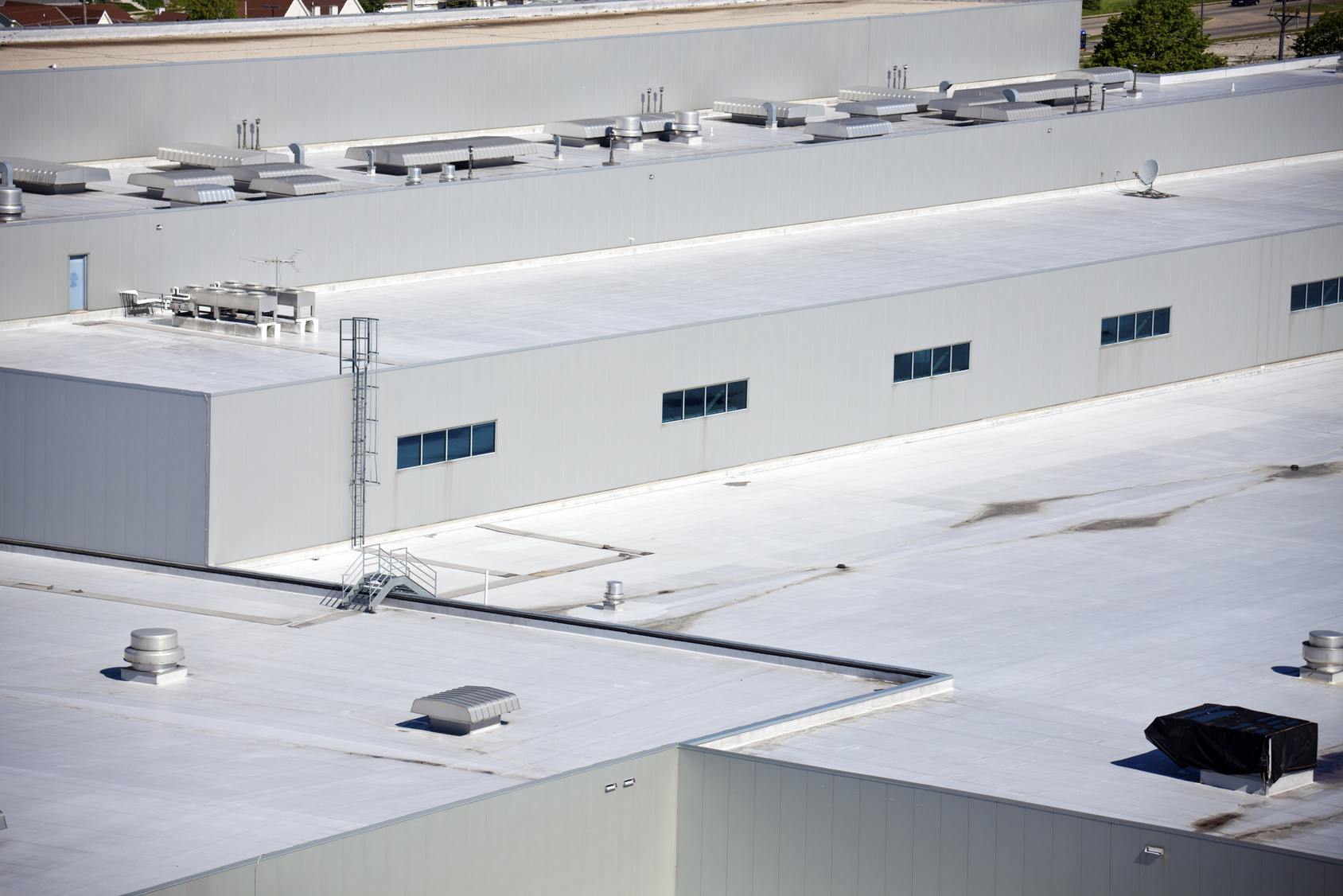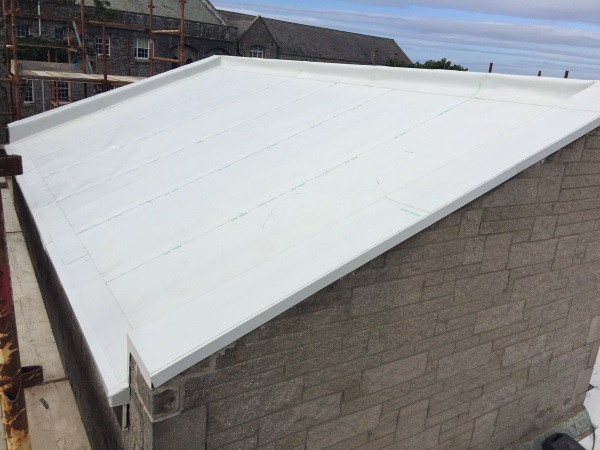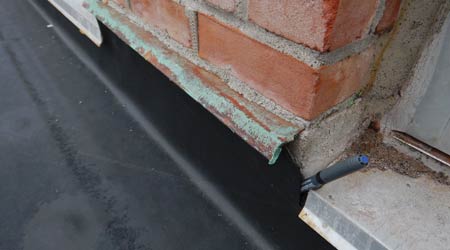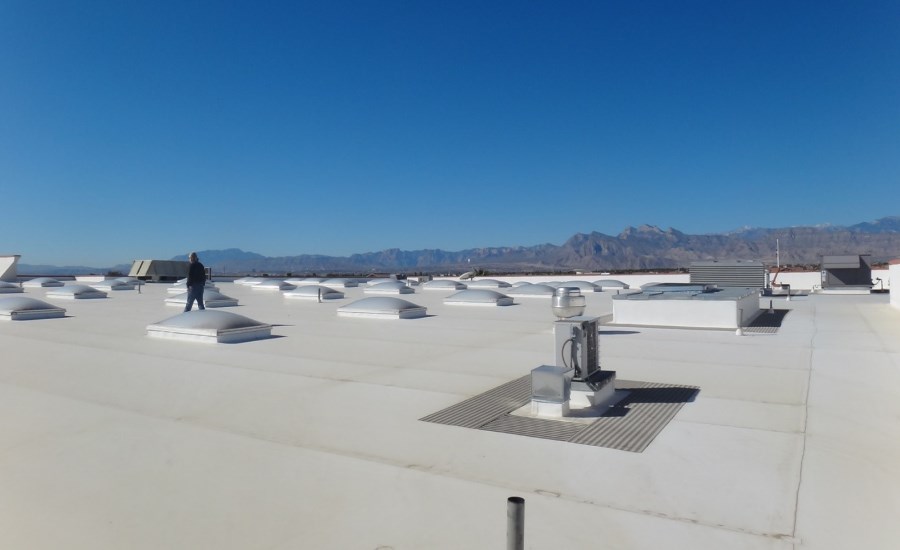Tpo Over Existing Roof

It is important to note thatthis is not always possible and you may need to remove the existing roof beforeinstalling tpo membrane to get the best possible finished product.
Tpo over existing roof. Short for thermoplastic polyolefin tpo is a single ply roofing membrane that offers excellent performance at a cost effective price. Then you can use stone coated metal tiles. I would stay away from wood fiber or perlite. Mechanically fasten the membrane using seam fasteners and plates.
If the existing roof is in good enough condition a tpo membrane can beapplied over an existing roof system after an insulation board has been applied over anexisting built up roof system or other single ply membrane. A properly installed layover roof can look and function as well. Tpo which is short for thermoplastic polyolefin came into the roofing market in the early 1990s as a viable alternative to pvc roofing materials. Tpo can be installed directly over asphalt but it isn t a good idea.
Can tpo be installed over an existing roof system. You can install tpo roofing directly over existing roofing material or you can apply it to a bare roof deck. Install tpo pvc on the roof and up over these walls. Attach battens pt 2 4 laying flat to these walls on the side without penetrating the roof.
Nashville roofer midsouth construction commercial roofing contractors installed a new carlisle tpo flat roofing system over existing bur roof on a commercial building located in nashville tn. Tpo s long term heat uv and natural fungal resistance plus flexibility without need for plasticizers also make tpo a reliable low slope roofing system. Our most recent commercial roofing project included removing loose gravel from an existing bur roof system and dispose of all debris. Best as mentioned to install eps fan fold or 1 2 1 iso.
Installing a new roof over an existing one also called a layover or nailover is often possible although not always the best option. It instantly became very popular as it was economical and cost efficient. It compares favorably in expense to similar roofing materials such as epdm ethylene propylene diene monomer rubber or pvc and it typically carries a 20 year warranty. Not sure if this would be approved by building department but i think structurally it will work and prevent wind blow offs.














































